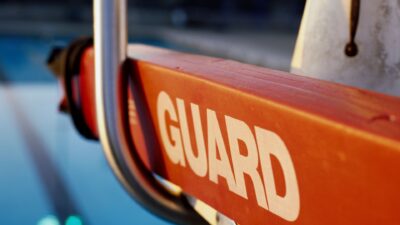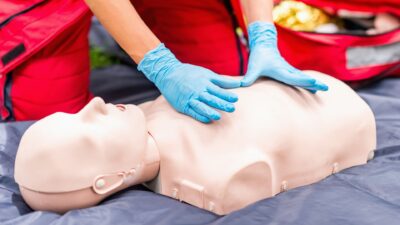
CPR Certification for Dentists in Dallas
CPR Certification for Dentists in Dallas: Why It’s Essential & How to Get Certified As a dentist, ensuring the safety and well-being of your patients is a top priority. While dental professionals focus on oral health, they also need to be prepared for unexpected medical emergencies in their practice. A patient could suffer from a…
Read More







